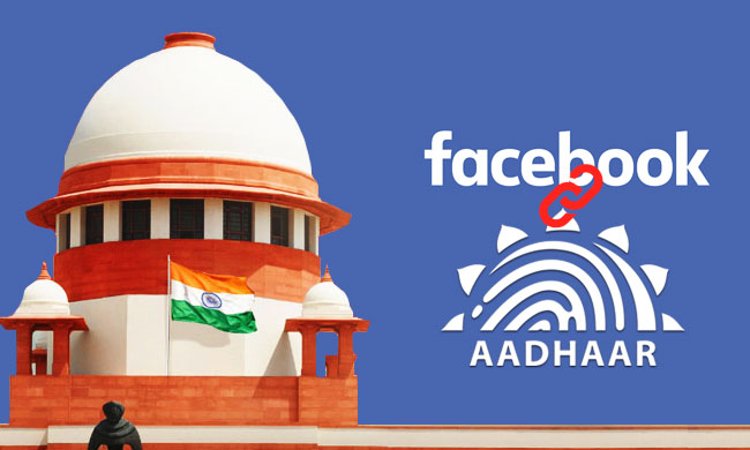Linking of social media accounts with Aaadhar will help prevent the spread of fake news, pornography, anti-national content and cyber abuse, submitted Attorney General K K Venugopal in Supreme Court on Tuesday, while appearing for Tamil Nadu Government in Facebook's transfer petition.Facebook Inc has approached the SC seeking transfer of cases filed in the High Courts of Madras, Bombay and...

